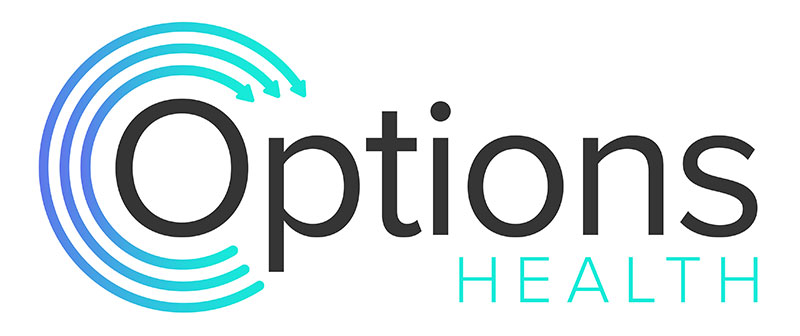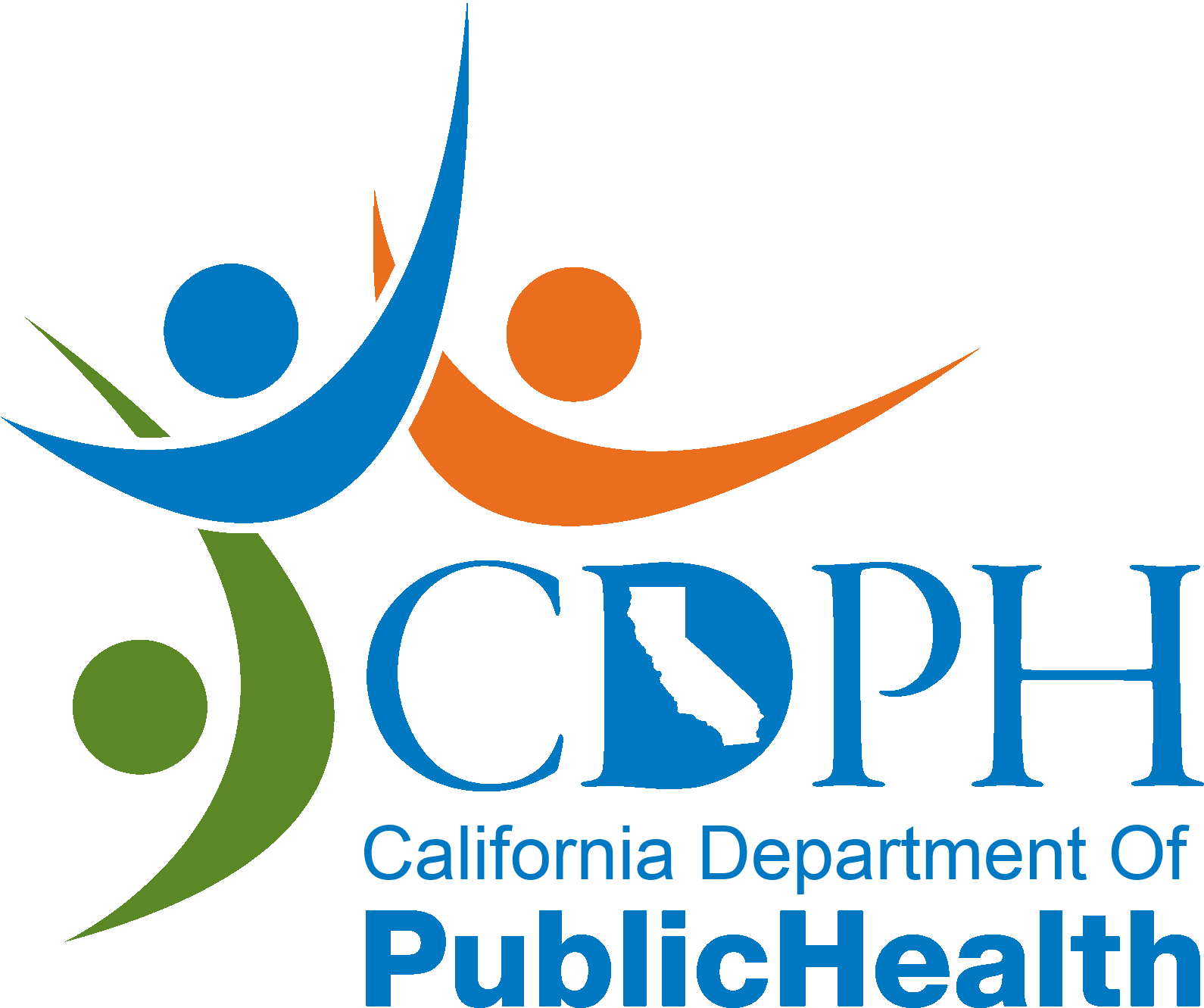What is an Ectopic Pregnancy? Signs & Symptoms
If you have taken an at-home pregnancy test and it’s shown up positive, it’s essential that you make an appointment for a free ultrasound to determine the viability of your pregnancy. At Options Health, we offer free ultrasound services to determine the medical viability of your pregnancy and can rule out an ectopic pregnancy, which can prove dangerous if undiagnosed.
When an egg is fertilized, it normally attaches to the lining of your uterus, where it implants itself and grows for the duration of your pregnancy. When an ectopic pregnancy occurs, this fertilized egg implants itself outside the main cavity of the uterus, most commonly (90% of the time) in the fallopian tube. Your fallopian tubes are the tubes connecting the ovaries to the uterus, where the egg usually travels from. An ectopic pregnancy is also known as a “tubal pregnancy”, and can occasionally occur in other areas, including the ovaries, cervix, or another part of the abdominal cavity.
Ectopic pregnancies are non-viable pregnancies and cannot be left untreated. They cannot advance as the fertilized egg cannot survive, and can cause your fallopian tube to rupture and life-threatening bleeding can occur.
How Do I Know If I Am Having an Ectopic Pregnancy?
Ectopic pregnancies may start off with all the usual symptoms of early pregnancy, including nausea, tender breasts, and a skipped period. Even if you do take an at-home pregnancy test, the result may still be positive. Over time, you may start to experience light vaginal bleeding and unusual pelvic pain. If the fertilized egg continues to grow, these ectopic pregnancy signs and symptoms may become more pronounced. Other symptoms may include pain in the tip of your shoulder or the urge to go to the bathroom. Depending on which nerves are irritated and where internal bleeding happens, your symptoms may vary.
When to Visit A Doctor or Medical Professional
If you experience any of the warning signs mentioned above, visit a medical professional or urgent care clinic immediately. When left untreated, your fallopian tube may rupture and cause internal bleeding. This situation can be life-threatening and you may faint, feel lightheaded, and experience severe pelvic pain.
Common Symptoms of Ectopic Pregnancy:
• Shoulder Pain, Neck Pain, Rectal Pain
• Dizziness and Weakness
• Sharp Uterine Pain (One Sided)
• Sharp Abdominal Cramps
• Upset Stomach / Vomiting
• Pelvic Pain / Vaginal Bleeding
What Causes an Ectopic Pregnancy?
Tubal pregnancies are the most common ectopic pregnancies, and occur when a fertilized egg doesn’t make it to the uterus and implants in a fallopian tube. This can occur when a fallopian tube is misshapen or damaged due to inflammation.
Am I at Risk For An Ectopic Pregnancy?
The following may put you at increased risk for ectopic pregnancy:
1. Infection / Inflammation. If you have contracted an STD previously, including chlamydia or gonorrhea, this may have caused inflammation to your fallopian tubes or other nearby organs.
2. Birth Control. If you undergo a procedure to “get your tubes tied”, this may raise your risk for an ectopic pregnancy if you become pregnant in the future. If you have an IUD (an intrauterine device) in place and get pregnant, this may also raise your risk for an ectopic pregnancy. (It is rare for pregnancy to occur for both these scenarios).
3. Surgery on a Fallopian Tube. If you’ve undergone surgery in the past for a damaged or closed fallopian tube, you may be more at risk for an ectopic pregnancy.
4. Smoking. Women who smoke before pregnancy are more at risk for an ectopic pregnancy.
5. A Previous Ectopic Pregnancy. If you’ve had one ectopic pregnancy in the past, you are more at risk for another.
6. Have undergone IVF procedures or fertility treatments.
How Can I Prevent an Ectopic Pregnancy?
Although there is no way to guarantee the prevention of an ectopic pregnancy, protecting yourself from STDs via condoms, practicing safe sex, and reducing your number of sexual partners can reduce the risk of sexually transmitted infections and PID – pelvic inflammatory disease. If you do smoke, quit as soon as possible.
If you believe you are pregnant, contact Options Health for Free Ultrasound Services and a Free Pregnancy Scan. Options can confirm if your pregnancy is medically viable and inside the uterus, and can advise on your next steps.



